Motherhood is a tough job — and now some moms are getting help from an unlikely source.
Thousands of mothers are taking microdoses of psychedelic or “magic” mushrooms — officially called psilocybin — to ease their stress and anxiety, according to some reports.
On an Instagram account called “Moms On Mushrooms,” which has over 30,000 followers, users claim mushrooms are improving their mental health.
MUSHROOM-INFUSED ‘MICRODOSING’ CHOCOLATE BARS ARE SENDING PEOPLE TO THE HOSPITAL, PROMPTING INVESTIGATION: FDA
Others, however, are concerned about the possible health risks and legal issues associated with these psychedelic substances.
Read on for both sides of the issue, including a doctor’s warning.
Potential benefits
Peggy Van de Plassche, a Canada-based former business and finance executive, quit her job to focus her time and energy on the psychedelic industry.
Van De Plassche is a mom and founder of The Microdose Diet, a holistic program that includes alternative medicines such as psilocybin to “rewire the brain, calm the body, master emotions and raise energy to reach more success.”
She calls microdosing the new “biohack” for mothers to navigate their stress and anxiety around parenting, aging and work.
“Microdosing can help moms find calm and clarity in parenting, improve their emotional resilience, and even help manage postpartum depression,” Van de Plassche said in a statement to Fox News Digital.
PSYCHEDELIC RETREAT REPORTS 183% SPIKE IN BOOKINGS AS HEALTH EXPERTS CITE ‘DOWNSIDE’ OF UNREGULATED USE
There are three potential benefits of microdosing mushrooms, according to Van de Plassche, who is also the author of the book “MORE! The Microdose Diet – The 90-Day Plan for More Success, Passion, and Happiness.”
1. Enhanced emotional and mental well-being
Many women report significant improvements in their emotional and mental health when they begin microdosing psychedelics, according to Van de Plassche.
“These small, sub-hallucinogenic doses can stabilize mood and improve emotional responsiveness,” she told Fox News Digital via email.
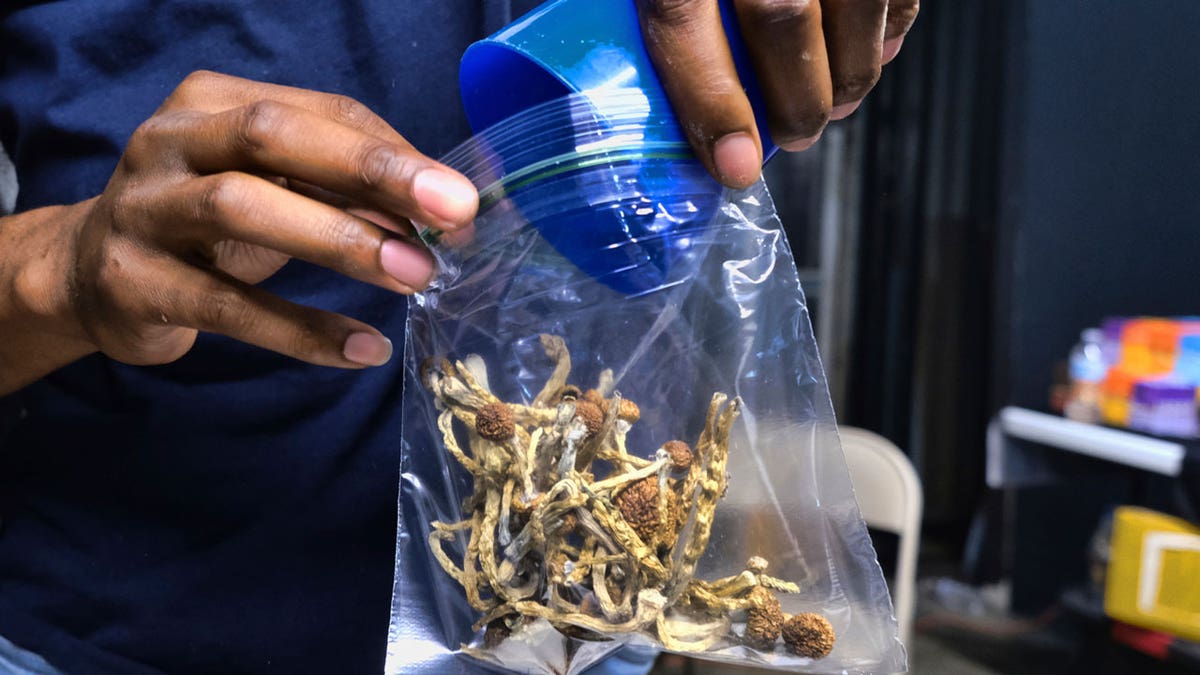
“Research and anecdotal evidence suggest that microdosing may help diminish symptoms of depression, anxiety and PTSD, which disproportionately affect women.”
In theory, these substances can balance women’s emotions and make everyday challenges more manageable, claimed Van de Plassche.
One supporter calls microdosing the new “biohack” for mothers to navigate stress and anxiety.
One mother posted on Reddit last year about her positive experience with microdosing.
“No exaggeration, microdosing saved my life. I had terrible reactions to everything commonly prescribed to treat PTSD, and as a last resort I started microdosing,” she wrote.
“There was no high or buzz, I just stopped wanting to kill myself,” the individual wrote. “It’s been two years and my kids have a fully functional mom and my world has color.”
2. Increased creativity and problem-solving
“Women in creative fields, as well as those in more traditional sectors, find that microdosing enhances their problem-solving capabilities and creative thinking,” Van de Plassche said.
“This isn’t about generating a ‘high,’ but rather sparking a slight uplift in cognitive flexibility.”
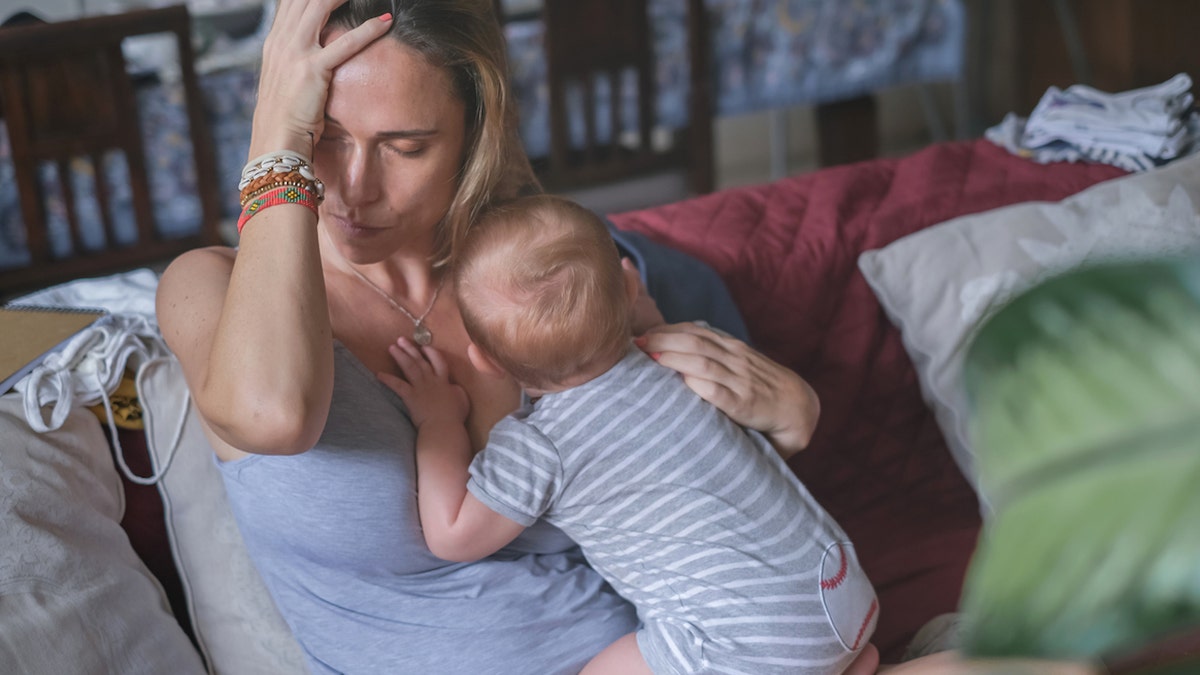
In her view, microdosing helps women “think outside the box,” forge new connections and arrive at better solutions.
“Whether at work or at home, women can benefit from more creativity with the help of microdosing,” she said.
3. Menopause relief and hormonal balance
Van de Plassche said she believes that microdosing can help women navigate the psychological and physiological symptoms of menopause, such as mood swings, insomnia and fatigue.
“By modulating the serotonin system in the brain, microdoses of psychedelics might offer a new kind of equilibrium without the side effects associated with traditional hormone replacement therapies,” she told Fox News Digital.
FDA PANEL REJECTS MDMA-ASSISTED THERAPIES FOR PTSD DESPITE HIGH HOPES FROM VETERANS
“Microdosing holds particular appeal for women seeking gentle yet effective transformations,” she also said.
Beyond helping to manage symptoms of aging, microdosing can help women “reclaim a sense of agency” over their minds and spirits, according to Van de Plassche.
What is a microdose?
Microdosing psilocybin involves “regularly taking very small, sub-perceptual doses of LSD or psilocybin,” which is the psychoactive compound found in certain mushrooms, according to Van de Plassche.
The ideal dose, frequency and type of mushroom can vary from one person to the next, she said.
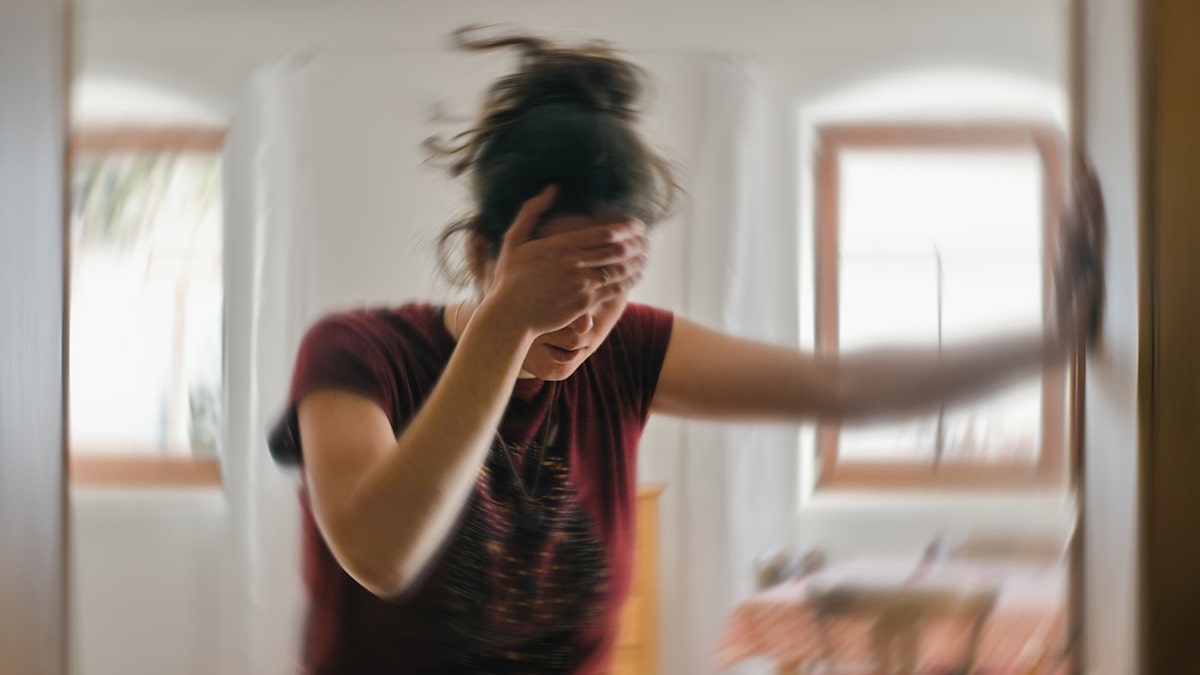
“I have found that 100 milligrams of psilocybin once every three days in the morning on an empty stomach is a great rule of thumb for most,” said Van de Plassche.
Potential risks of microdosing on mushrooms
Some medical professionals warn about a lack of research and safety concerns associated with mushrooms.
“There is not a lot of peer-reviewed research or safety data available for microdosing psychedelics, because these substances are not as well-studied as more traditional interventions,” Dr. Adam D. Scioli, chief medical officer of Caron Treatment Centers in Pennsylvania, told Fox News Digital.
“However, some of what we do know is concerning.”
“There is not a lot of peer-reviewed research or safety data available for microdosing psychedelics.”
Microdosing psychedelics can cause a psychotic or manic episode, especially in those with a personal or family history of schizophrenia or bipolar disorder, Scioli warned.
Other potential risks include paranoia, worsened depression or anxiety, and enhancement of emotions like worry, fear and guilt.
“Individuals microdose to manage emotions or feel better, but they should be aware that you can’t control which emotions you may experience,” Scioli added.
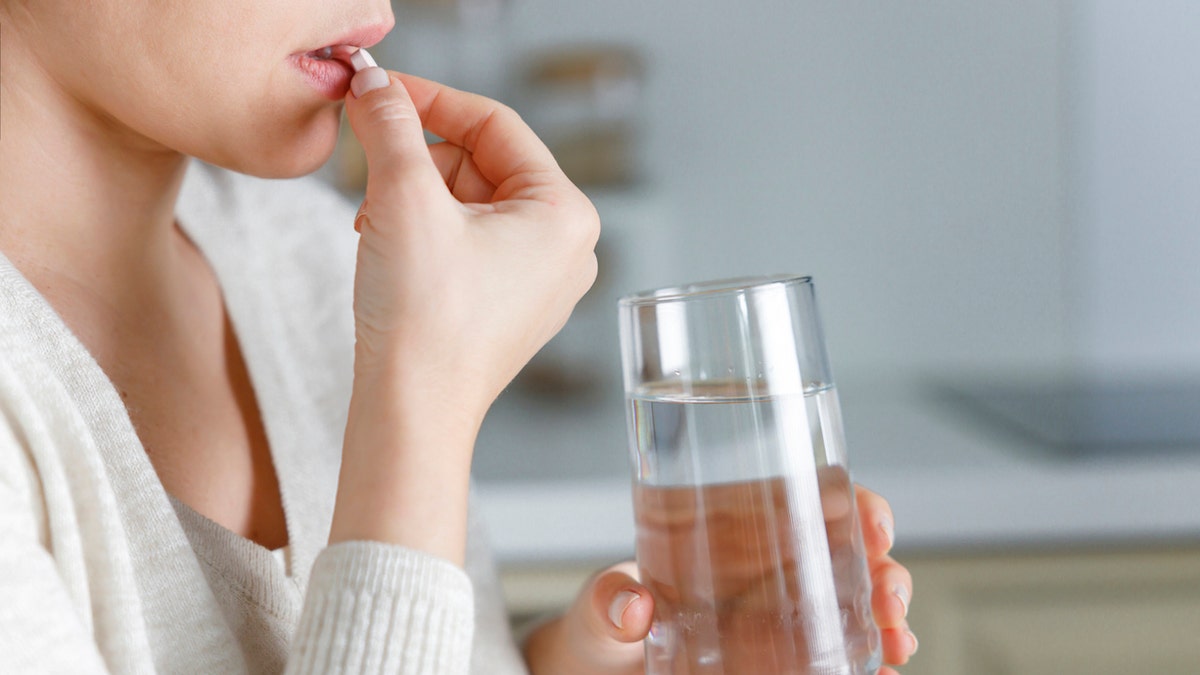
There is also the risk that mushrooms may interact with other depression medications, which could be dangerous or even life-threatening, the expert warned.
For some, the substance could lead to elevated blood pressure or heart rate, or an increased risk of stroke or sudden cardiac arrest.
“Individuals may also experience migraines, vomiting, nausea, loss of consciousness, body temperature dysregulation (too hot or too cold), loss of focus and/or brain fog,” Scioli added.
MAIL-ORDER KETAMINE INJECTIONS CAN BE ‘EXTREMELY DANGEROUS,’ WARNS DR. MARC SIEGEL
Until there is more conclusive research, Scioli believes that adults should avoid microdosing with mind-altering substances outside a clinical setting and under the supervision of a board-certified physician.
Some also warn of the psychological impact the practice could have on kids.
One Reddit user wrote, “I think parents shouldn’t be on any kind of drug (alcohol, vapes, grass, shrooms, tobacco, hard drugs…) when taking care of a child, because of how it will damage the health of the child. Kids can also tell when adults aren’t sober. It makes kids feel unsafe.”
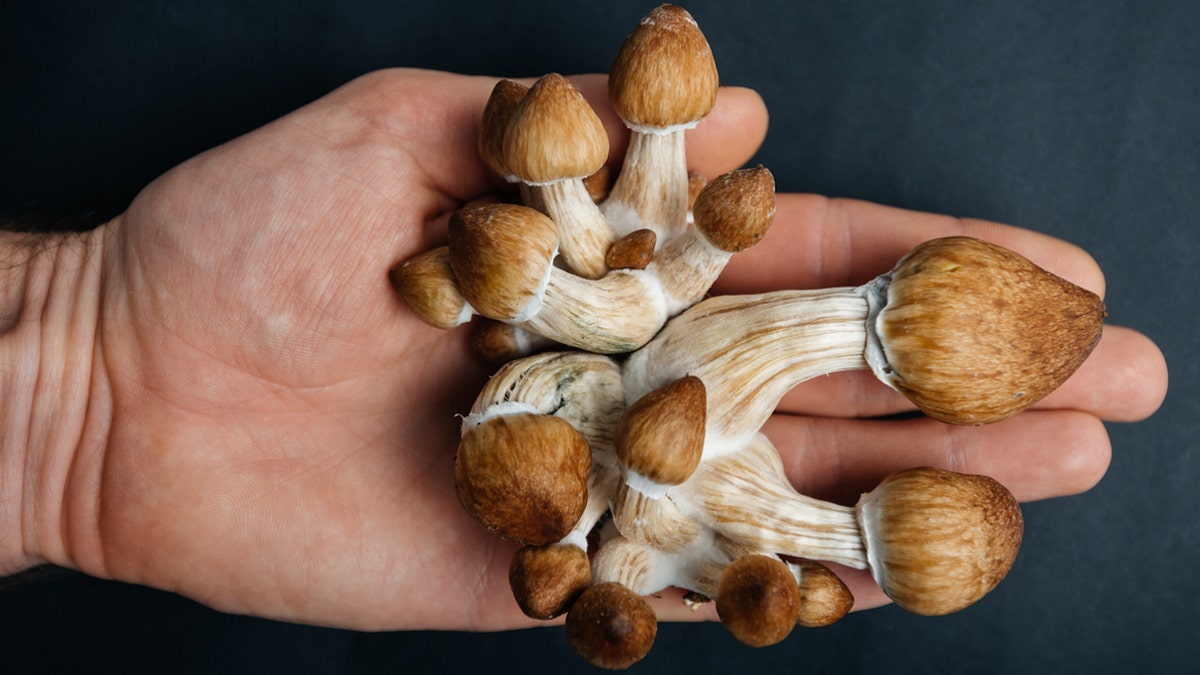
Van de Plassche acknowledged that taking mushrooms too often or in excessive amounts can be risky — as can consuming “low-quality” varieties.
Women who are pregnant and breastfeeding should not microdose, she also advised.
“Men and women with dissociative mental health challenges, such as schizophrenia, should also refrain from using psychedelics,” Van de Plassche added.
Are mushrooms legal?
Psilocybin is classified as a Schedule I substance under the Controlled Substances Act, according to the Drug Enforcement Agency (DEA).
That classification means the substance “has a high potential for abuse, no currently accepted medical use in treatment in the United States, and a lack of accepted safety for use under medical supervision,” as stated on the DEA’s website.
“Most microdosers have to opt for ‘civil disobedience’ in order to benefit from the practice.”
“Some states offer psychedelic-assisted therapy, which consists of large doses of psychedelics administered in a medical environment and combined with therapy,” Van de Plassche said.
“Patients usually have to jump through many hoops to access it, and it is very expensive — and mostly not covered by health insurance,” she added.
CLICK HERE TO SIGN UP FOR OUR HEALTH NEWSLETTER
Availability of the substance varies by state, city and county.
Except for some “open-minded” doctors, Van de Plassche said most health practitioners will redirect patients toward more traditional therapies.
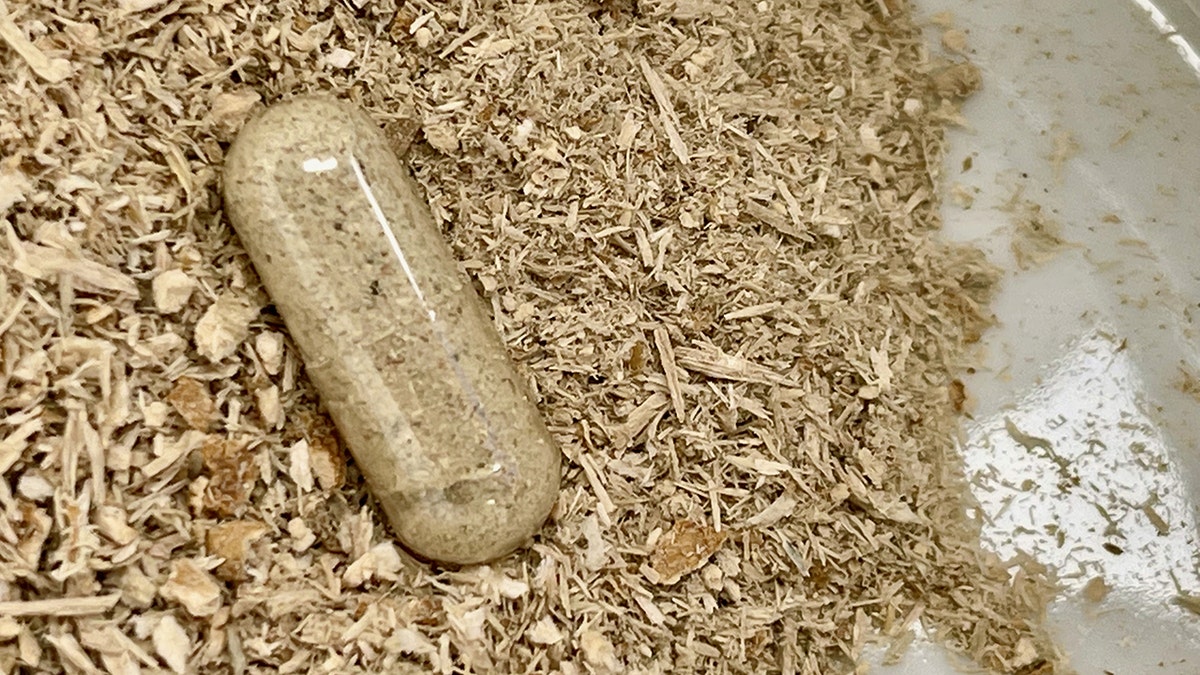
“Microdosing is not a practice embraced by health professionals — yet,” she said.
“Most microdosers have to opt for ‘civil disobedience’ in order to benefit from the practice.”
In most cases, the substances people use are not standardized or regulated, Scioli reiterated.
“That means you really don’t know what you’re taking — and what you’re taking may be contaminated with other substances that can be extremely dangerous,” he said.
For more Health articles, visit www.foxnews/health
“There is also no way to tell if you’re taking too much of a substance. What may have little to no effect on one person may be extremely harmful to another person.”
Fox News Digital reached out to the DEA requesting additional comment.
Read the full article here











